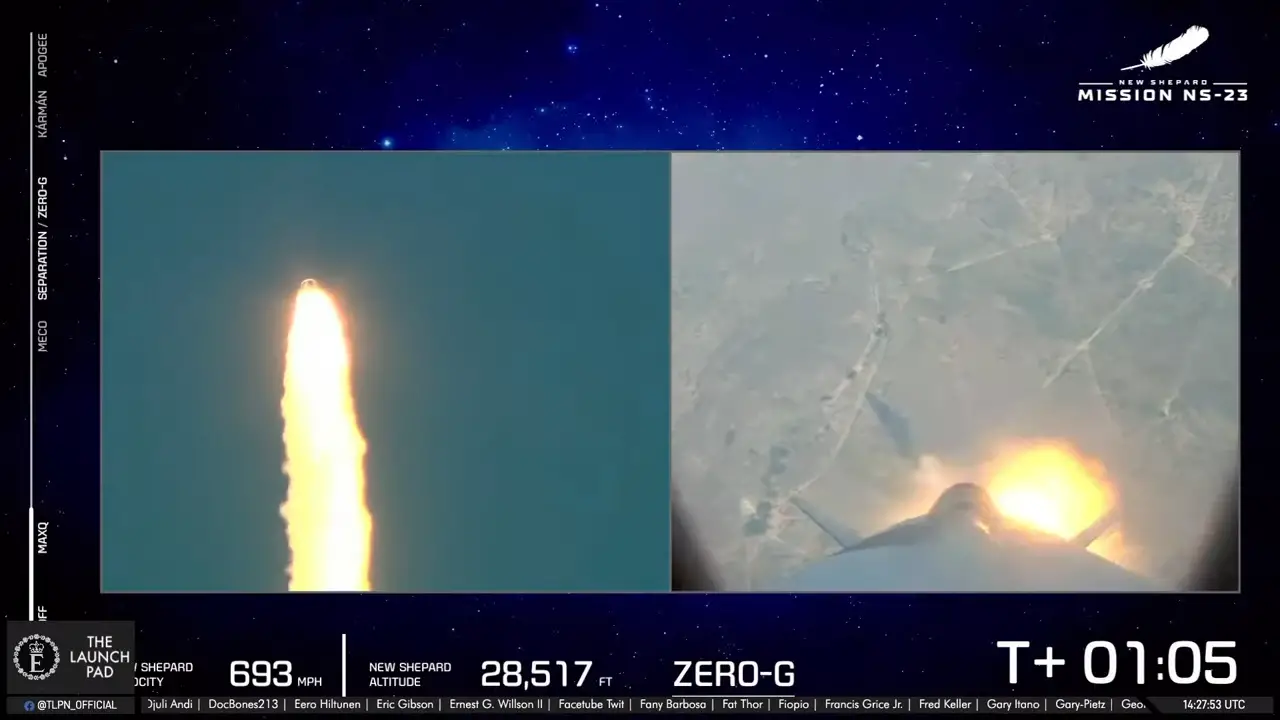Auto Dealers Intensify Opposition To Electric Vehicle Requirements

Table of Contents
Economic Concerns Fueling Dealer Resistance
A significant driver of auto dealer opposition to electric vehicle requirements is the substantial financial burden imposed by the transition to EVs. The shift necessitates significant upfront investments and operational changes that many dealerships find challenging. These economic concerns are central to their resistance to stricter EV mandates.
-
High cost of installing EV charging stations: Upgrading facilities to accommodate EV charging requires substantial investment in infrastructure, including purchasing and installing charging stations, upgrading electrical grids, and potentially expanding parking areas. These costs can run into tens of thousands, or even hundreds of thousands, of dollars per dealership, depending on size and location.
-
Need for specialized EV technician training: Maintaining and repairing electric vehicles requires specialized knowledge and skills different from those needed for gasoline-powered cars. Dealerships must invest in training their technicians on EV-specific technologies, adding another layer of expense to the transition.
-
Risk of unsold EVs due to consumer hesitancy or limited charging infrastructure: In certain markets, consumer demand for EVs remains relatively low due to factors like range anxiety, limited charging infrastructure, and higher purchase prices. This creates a risk of dealerships being saddled with unsold EV inventory, tying up capital and potentially leading to losses.
-
Potential for reduced profit margins on EVs compared to gasoline-powered vehicles: The current profit margins on EVs are often lower than those on traditional gasoline vehicles. This is due to a combination of factors, including higher manufacturing costs, lower sales volumes, and increased competition.
Industry reports suggest that the average cost of retrofitting a dealership for EV servicing can exceed $100,000, a significant hurdle for many smaller dealerships. Coupled with potentially lower profit margins on EV sales, these economic realities are fueling the opposition to stricter EV mandates.
Concerns Regarding Consumer Readiness for EVs
Beyond economic concerns, auto dealers also express significant apprehension about consumer readiness for a widespread shift to electric vehicles. Several factors contribute to this concern:
-
Range anxiety and limited charging infrastructure in some regions: Many consumers remain hesitant to adopt EVs due to concerns about limited driving range and the availability of public charging stations, particularly in rural areas or on long-distance journeys.
-
Higher purchase price of EVs compared to gasoline cars: The upfront cost of an EV is generally higher than a comparable gasoline-powered vehicle, presenting a significant barrier to entry for many potential buyers.
-
Lack of awareness about EV benefits among some consumers: Despite growing awareness, many consumers remain unaware of the full range of benefits associated with EVs, including lower running costs, reduced emissions, and government incentives.
-
Concerns about battery lifespan and replacement costs: The long-term lifespan and replacement costs of EV batteries remain concerns for some potential buyers. Misinformation and lack of clear information about battery warranties and replacement options fuel these concerns.
Improved consumer education campaigns highlighting the benefits of EVs and addressing common concerns, alongside significant investments in charging infrastructure, are crucial for overcoming consumer hesitancy and accelerating the adoption of electric vehicles.
The Role of Government Incentives and Infrastructure Development
Government policies play a critical role in alleviating the concerns of auto dealers and accelerating the adoption of EVs. Targeted incentives and strategic investments in infrastructure are essential:
-
Increased government subsidies for EV purchases and infrastructure development: Subsidies can make EVs more affordable and appealing to consumers, stimulating demand and reducing the risk of unsold inventory for dealerships.
-
Targeted incentives for dealerships to adopt EV technologies: Government incentives could help offset the high costs associated with installing charging stations and training technicians, making the transition more economically feasible for dealerships.
-
Investments in nationwide charging networks: A comprehensive and reliable nationwide charging network is crucial for addressing consumer range anxiety and encouraging EV adoption.
-
Streamlined permitting processes for EV charging station installations: Reducing bureaucratic hurdles and simplifying the permitting process for installing EV charging stations can accelerate the deployment of charging infrastructure.
By implementing these measures, governments can create a more supportive environment for both dealerships and consumers, paving the way for smoother EV adoption.
Lobbying Efforts and Political Implications
Auto dealers are actively employing various strategies to oppose stricter electric vehicle requirements, including lobbying efforts, legal challenges, and public relations campaigns. These actions have significant political implications:
-
Lobbying efforts targeting state and federal lawmakers: Dealerships and their associations are actively lobbying state and federal legislators to influence EV policies, advocating for slower adoption rates or modifications to existing mandates.
-
Potential legal challenges to EV mandates: Legal challenges are being considered or already underway in several states, aiming to delay or overturn EV sales targets.
-
Public relations campaigns to sway public opinion: Dealerships are engaging in public relations campaigns to shape public perception of EVs and the challenges associated with their widespread adoption.
-
Impact on the political landscape and future EV policies: The intensity of this opposition is shaping the political landscape, impacting the future trajectory of EV policies and potentially delaying the transition to a more sustainable transportation sector.
The ongoing conflict between auto dealers and EV mandates is a significant political issue with far-reaching consequences for the future of the automotive industry and environmental policy.
Conclusion: The Future of Auto Dealers and Electric Vehicle Requirements
The transition to electric vehicles presents significant economic challenges for auto dealers, coupled with concerns about consumer readiness. The resulting opposition, manifested through lobbying efforts and potential legal challenges, is creating a tense political battle. Understanding the complexities of auto dealer opposition to electric vehicle requirements is crucial for shaping effective policies that foster a sustainable automotive future. Addressing the economic concerns of dealerships, enhancing consumer education, and investing in comprehensive charging infrastructure are essential steps towards a smooth and equitable transition. Stay informed about the latest developments surrounding EV mandates and contribute to the conversation. The future of both auto dealers and the environment depends on finding solutions that balance economic realities with the urgent need for cleaner transportation.

Featured Posts
-
 Subystem Problem Leads To Blue Origin Launch Cancellation
May 04, 2025
Subystem Problem Leads To Blue Origin Launch Cancellation
May 04, 2025 -
 Lizzos Trainer Defends Her Fitness Approach
May 04, 2025
Lizzos Trainer Defends Her Fitness Approach
May 04, 2025 -
 Lizzo Concert Tickets How Much Do They Cost On The Its About Damn Time Tour
May 04, 2025
Lizzo Concert Tickets How Much Do They Cost On The Its About Damn Time Tour
May 04, 2025 -
 Fans Obsessed Anna Kendricks Iconic 3 Word Blake Lively Answer
May 04, 2025
Fans Obsessed Anna Kendricks Iconic 3 Word Blake Lively Answer
May 04, 2025 -
 Nintendos Action Forces Ryujinx Emulator To Cease Development
May 04, 2025
Nintendos Action Forces Ryujinx Emulator To Cease Development
May 04, 2025
Latest Posts
-
 Emma Stones Popcorn Dress A Showstopper At Snls 50th Anniversary
May 04, 2025
Emma Stones Popcorn Dress A Showstopper At Snls 50th Anniversary
May 04, 2025 -
 Lv
May 04, 2025
Lv
May 04, 2025 -
 Upcoming Red Wings And Tigers Simulcasts On Fox 2
May 04, 2025
Upcoming Red Wings And Tigers Simulcasts On Fox 2
May 04, 2025 -
 Internet Buzz Over Emma Stones Unique Snl Dress The Popcorn Butt Lift
May 04, 2025
Internet Buzz Over Emma Stones Unique Snl Dress The Popcorn Butt Lift
May 04, 2025 -
 Emma Stones Quirky Snl Dress A Popcorn Butt Lift Trend
May 04, 2025
Emma Stones Quirky Snl Dress A Popcorn Butt Lift Trend
May 04, 2025
